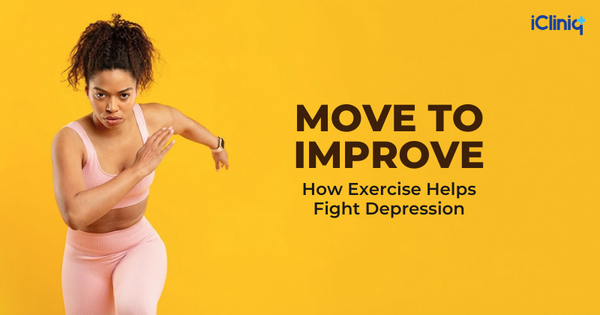Processed Foods: What Is Really Happening to Your Health?

Processed foods range from minimally processed, like washed and cut fruits and vegetables, to highly processed, such as ready-to-eat meals and snack foods.
1. What Are Processed Foods?
- When we think of "processed foods," instant noodles, frozen pizzas, and sugary cereals might come to mind, but processing actually includes much more.
- Technically, any food that has been altered from its natural state—whether through canning, freezing, drying, baking, or adding preservatives—is considered processed.
- So yes, even that bag of pre-washed salad greens counts!
2. Types of Processed Foods
- Minimally Processed Foods: These include canned beans and frozen vegetables. Processing here is mostly for convenience.
- Moderately Processed Foods: Think of items with added ingredients to enhance flavor, like sauces, yogurt with added fruit, or lightly salted nuts.
- Highly Processed Foods: This is where health risks are most often found. These include packaged snacks, sugary drinks, instant noodles, and frozen meals.
3. How Processed Foods Impact Your Health
- Hidden Sugars, Fats, and Salt: Processed foods are packed with extra sugars, unhealthy fats, and salt to boost flavor and shelf life. These additives can lead to weight gain, high blood pressure, and heart disease risks.
- Quick Fact: The average person eats 22 teaspoons of added sugar daily, much of it from processed foods!
- Sneaky Additives and Preservatives: Preservatives and artificial flavors are added to make food last longer and look better, but some studies link them to allergies, migraines, and even long-term health issues.
- Blood Sugar Rollercoaster: Processed foods with simple carbs cause blood sugar spikes followed by crashes. Over time, this can lead to insulin resistance and mood swings. Tip: Choose complex carbs like brown rice or sweet potatoes for more stable energy.
4. Making Healthier Choices
- Aim for foods that are closer to their natural state. Whole grains, fresh fruits and vegetables, and lean proteins provide essential nutrients without additives.
- If you do buy processed items, get in the habit of reading ingredient lists. Look for products with fewer ingredients, and avoid those with excessive added sugars, sodium, or unfamiliar additives.
- Cooking at home allows you to control what goes into your meals, making it easier to avoid unhealthy processed ingredients.
- Sugary drinks and snacks often pack the highest amounts of hidden sugars and calories with minimal nutritional value. Instead, try water, herbal teas, or whole fruits to satisfy your sweet cravings.
Cutting out all processed foods is not necessary—or realistic for most people. The goal is to be mindful of what you are eating and focus on incorporating more whole, nutrient-rich foods into your diet.





